Taiwan

The Republic of China (better known as Taiwan) is a significant flashpoint in East Asia. While Taiwan pursued—and abandoned—nuclear weapons programs in the past, its current relationship to nonproliferation regimes remains ambiguous, as most countries do not recognize its sovereignty.
Taiwan is included in NTI analysis due to its autonomous nuclear regulatory structure.
See Taiwan's performance in:
Region East Asia and the Pacific
2 Nuclear power reactors in operation
2014 Renewed agreement with US on peaceful nuclear energy cooperation
1,200-2,000 km Range of the Yun Feng supersonic cruise missile
Nuclear
- Nuclear plants subject to IAEA inspections
- Cannot independently join Nuclear Nonproliferation Treaty, but unilaterally adheres to its provisions
- Signed an accord with China in 2011 on nuclear safety and emergency reporting
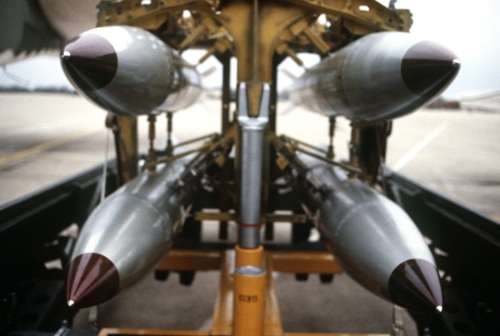
Tutorial on Nuclear 101
Biological
- Denies past accusations of biological weapons development
- Ratified the BWC in 1973 as the Republic of China; membership later transferred to People’s Republic of China
- Cannot independently join BWC, but unilaterally adheres to its provisions
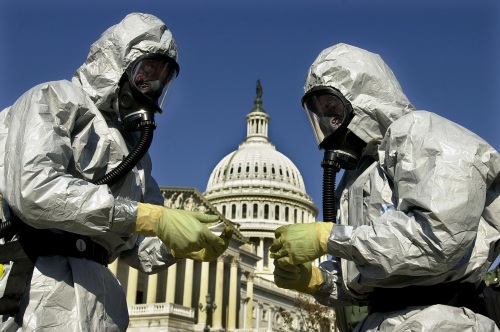
Tutorial on Biological Weapons Nonproliferation

NTI Tutorials
Missile
- Has historically focused on developing antiship cruise missiles and short range ballistic missiles (SRBMs)
- Yun Feng supersonic land-attack cruise missile capable of striking mainland China in production
- Purchased upgraded Patriot Missiles (PAC-3) from U.S., expected deployment in 2026
Overview of The CNS Missile and SLV Launch Databases

China’s Growing Missile Arsenal and the Risk of a “Taiwan Missile Crisis“
Chemical
- Cannot independently join the CWC regime, but unilaterally adheres to its provisions
- Officials have denied ever developing chemical weapons
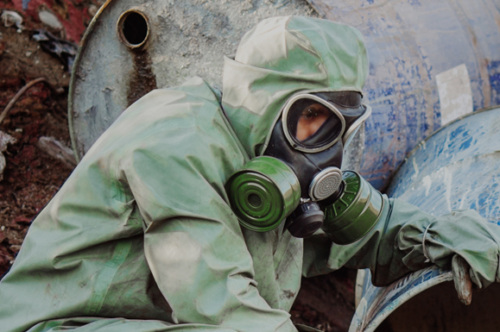
Tutorial on Chemical Weapons Nonproliferation

NTI Tutorials
Treaties and Regimes Memberships
Analysis
Taiwan

Young Voices in International Security: Mackenzie Knight
Jupiter Huang, NTI’s Communications intern, had the opportunity to speak with Mackenzie Knight, the program associate for Global Risk at the Federation of American Scientists (FAS), for this inaugural post of the Young Voices series.
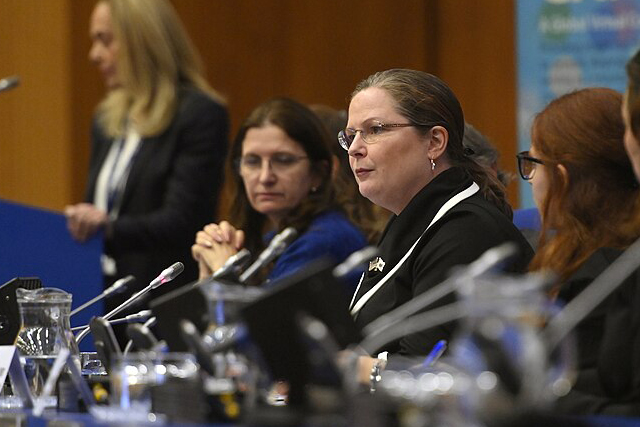
Past Event
A Conversation with Ambassador Laura Holgate on the Future of Nuclear Security
Virtual NTI Seminar
|
11AM EDT
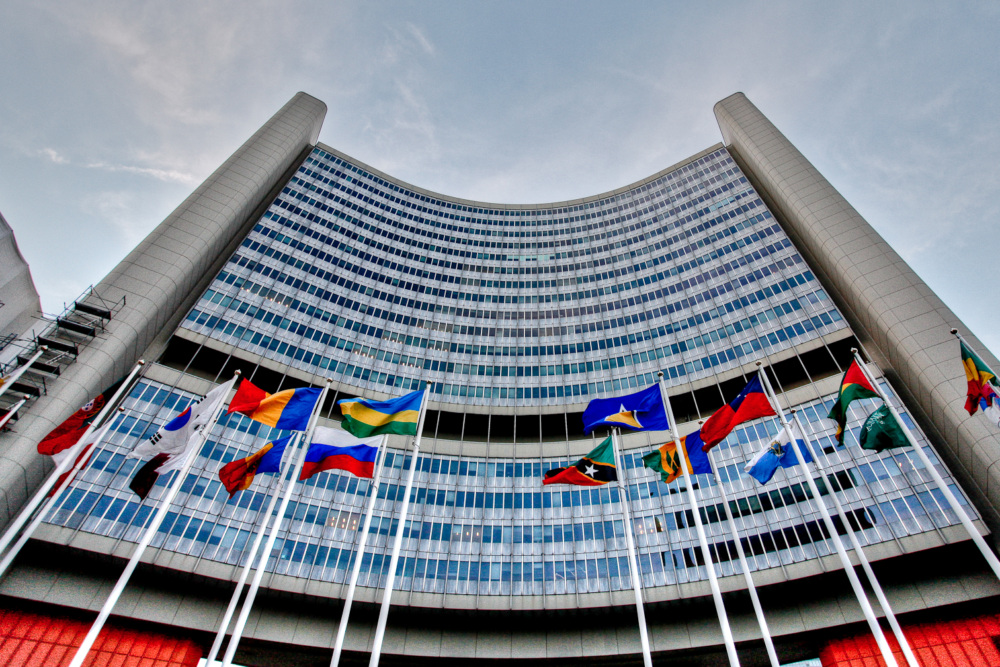
Time to Change Course on Nuclear Security

Education Center
